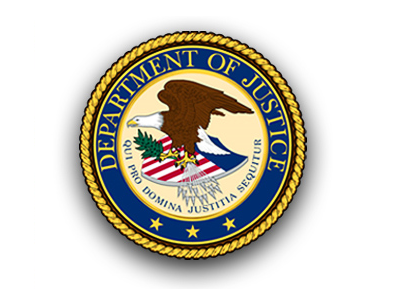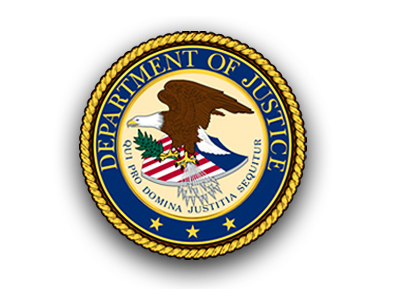

The Department of Justice (DOJ) has extended the compliance period for its new opinion of the Wire Act by another 60 days—giving some much needed breathing space to those regulators and operators looking to bring their online gaming offering in line with the new law.
News of the extension of the compliance window was first revealed Thursday by Online Poker Report. Gambling Compliance confirmed the extension with the DOJ on Friday.
“I confirm there has been a 60-day extension to the 90-day deadline for gambling companies to comply,” DOJ spokesperson Nicole Navas told Gambling Compliance.
It means that US State regulators and operators will have until June 14, 2019, rather than April 15, 2019 to bring their operations in line with the new interpretation of the Act which restricts all forms of online gambling that crosses state lines. After the compliance period ends, if operations are not in line with the new law, fines and penalties will be issued by the DOJ.
The change in opinion of the Wire Act by the DOJ follows its 2011 opinion stating that the DOJ believed the Wire Act only applied to gambling on sports.
In just the first few days of the New Year the US Department of Justice (DOJ) released a new opinion on the Wire Act stating that the 1961 law restricts all forms of online gambling, not just sports betting.
This reversal of the DOJ’s stance on the Wire Act puts huge pressure on existing online gambling operations. While the DOJ has not made clear which operations are in immediate jeopardy, the MultiState Internet Gaming Agreement which allows online poker operators to pool their liquidity between Nevada, New Jersey and Delaware, and the nationwide contests of Daily Fantasy Sports are suspected to be in their crosshairs.
Since the Wire Act U-turn, US states have been pushing back on the DOJ with the states of New Jersey and Pennsylvania professing their “strong objections” to the proposed reversal. The two states have also asked the DOJ to withdraw its latest opinion of the Wire Act.
Additional pushback came from the North American Association of State and Provincial Lotteries (NASPL), an industry trade group representing 52 lottery organizations, which described the impact of the new interpretation as creating “substantial uncertainty concerning the legal status of lottery transactions.”
Lawsuits have also been filed by the New Hampshire Lottery Commission, online lottery provider NeoPollard Interactive, and igaming industry association iDea Growth.
Elsewhere, there were high hopes of Pennsylvania joining the shared online player pools of Nevada New Jersey and Delaware, but this now looks unlikely under the current circumstances.
A twist came in February 2019 when it was uncovered that anti-online gaming stalwart, Sheldon Adelson, could have been behind the DOJ’s new view point. In a Freedom of Information Act Request (FOIA), State Attorney General of New Jersey, Gurbir S. Grewal, suggested influence from the land-based casino tycoon had been behind the DOJ’s U-turn.
Despite the restrictions on online gaming across US borders, the World Series of Poker is forging ahead by offering a nine online bracelets—five more than 2018—ahead of this year’s Series in Las Vegas.
“Just like the land-based WSOP, the annual summer series is also the best time for online poker players in the U.S. to chase big prize pools and WSOP gold bracelets,” said Bill Rini, Head of Online Poker at WSOP.com. “WSOP.com is offering a consistent gold bracelet schedule this year, plus non-stop satellites to both the online and live events, giving players the best opportunity to participate in the 50th Annual WSOP.”
In 2018 WSOP.com offered online events in both Nevada and New Jersey, marking the first time players in New Jersey could play in the Series.
However, the nine online bracelet events will only be open to players who are physically “inside the borders of eligible states,” which in this case may end up being just Nevada. “Eligibility for New Jersey players […] has yet to be determined” said a WSOP.com spokesperson.

